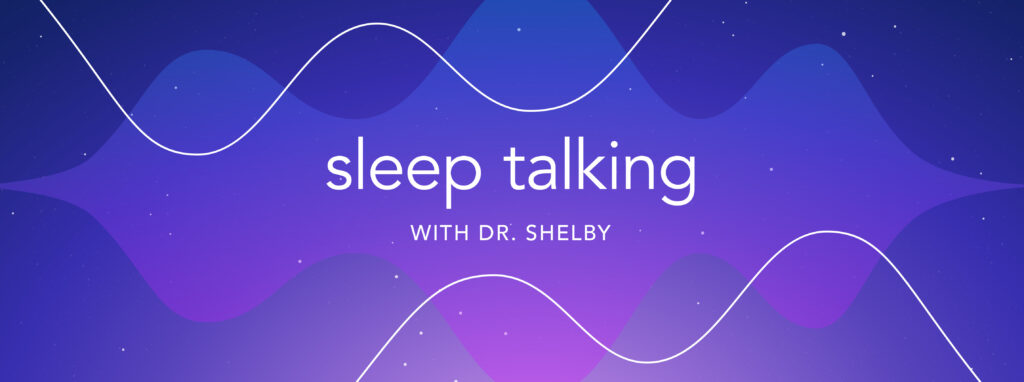
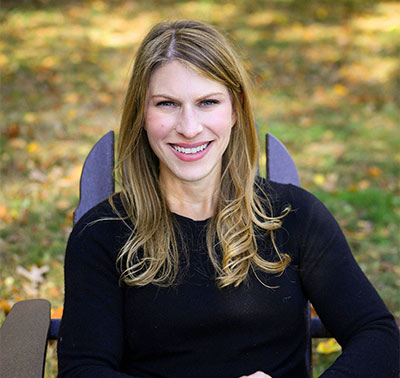
Tune In to Our New Podcast
Getting a good night’s sleep shouldn’t be a chore – yet for too many people, good sleep is elusive. We want to change that.
In our new podcast, Sleep Talking with Dr. Shelby, Sleepopolis director of sleep health, Dr. Shelby Harris, will sit down every other week with other experts and real people to talk through the sleep challenges they experience.
She’ll sift through the noise and the trends to bring you science-backed tips that work – and help you get your best sleep ever. Subscribe to the podcast here and listen on Spotify, Apple, Amazon Music, Audible, or wherever you get your podcasts.
Follow us:
Podcast Episodes
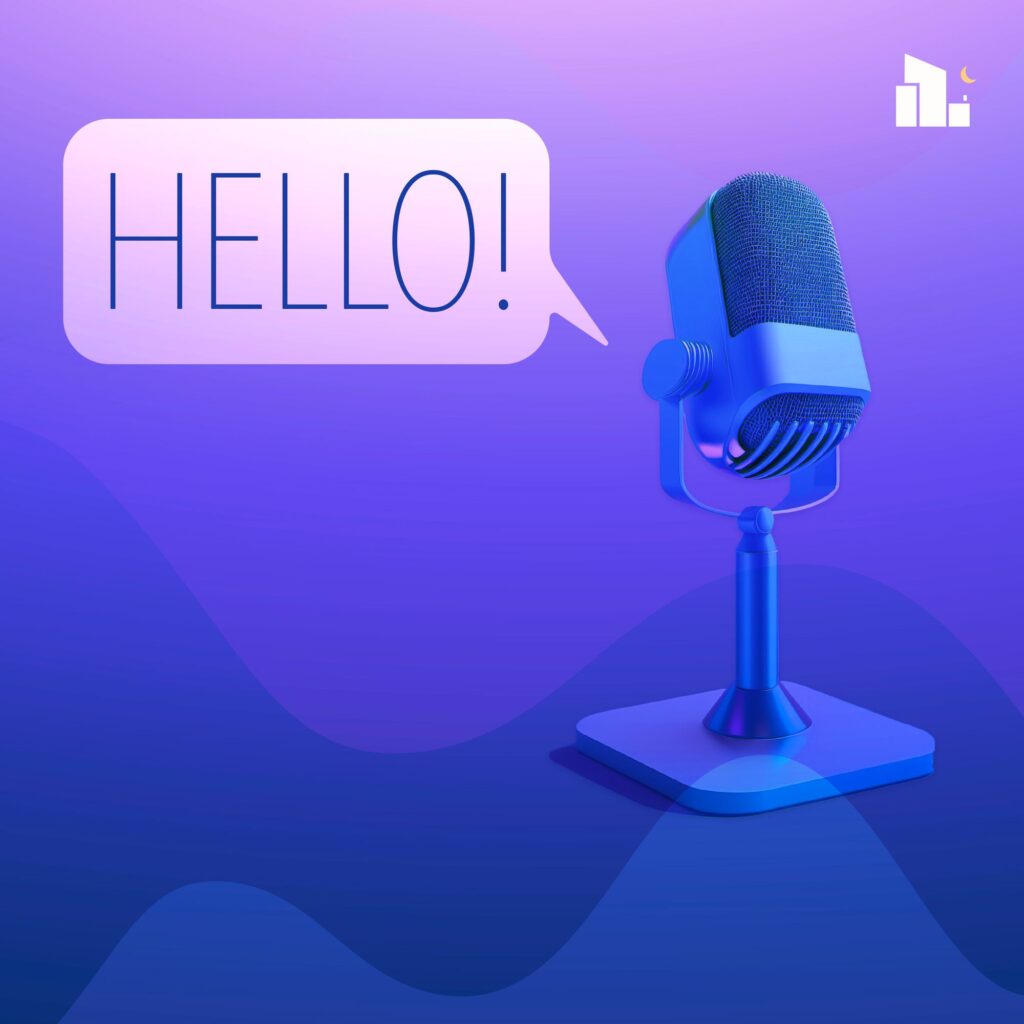
Episode 1: Welcome to Sleep Talking with Dr. Shelby
Listen as we dive into what the podcast is about, how we hope it will help you get better sleep, and where you can find us.
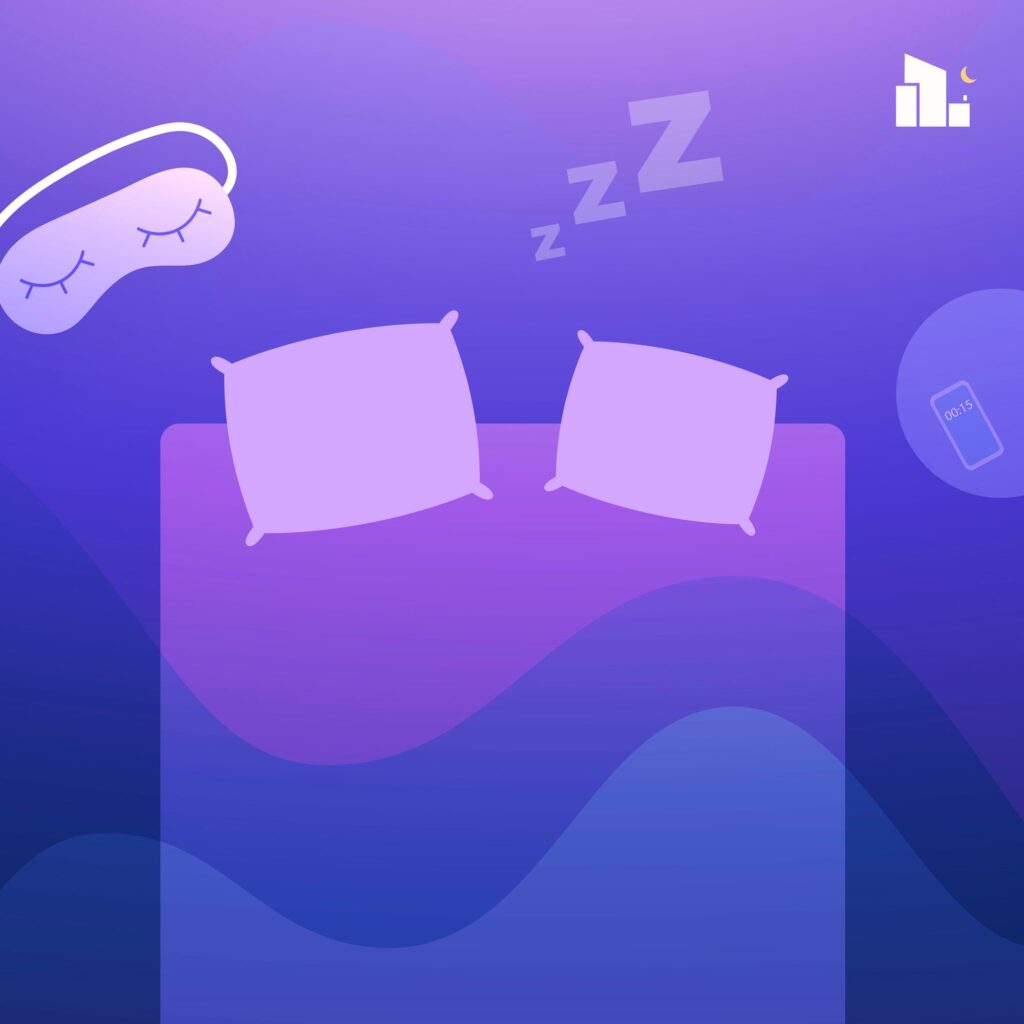
Episode 2: Does It Really Matter What Kind of Mattress I Sleep On? And Other Burning Questions You Didn’t Know You Had
Dr. Harris and Sleepopolis Senior Staff Writer Amelia Jerden explore all things mattresses – you’ll be a mattress-shopping pro by the end.
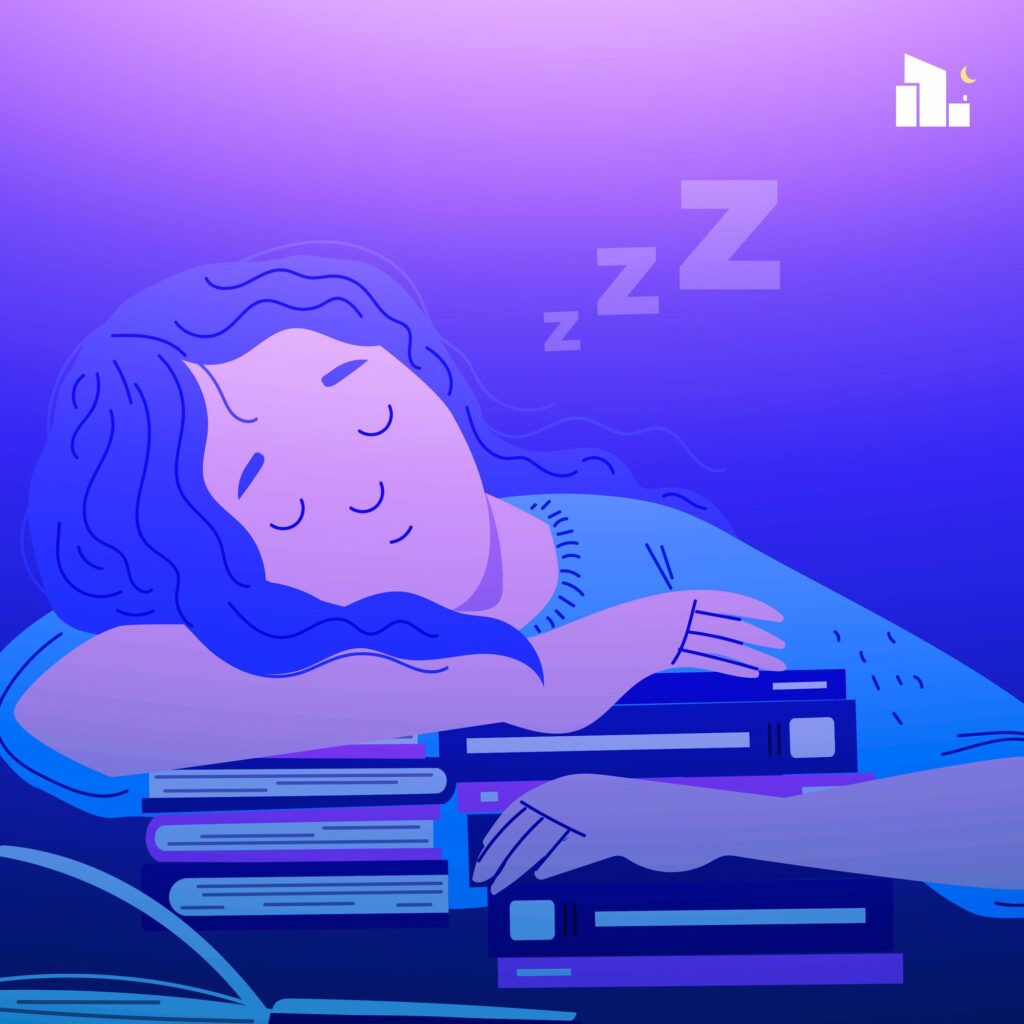
Episode 3: Smells Like Teen Spirit
No, your teen isn’t trying to annoy you by staying up all night – her circadian rhythm really does differ from yours, and it impacts how much sleep she needs.

Episode 4: When Midnights Become Your Afternoon: Shift Work and Your Sleep
In this episode, Dr. Harris talks with a travel nurse working the night shift about what it’s like to be awake from 7 p.m. to 7 a.m. and how she manages to get good sleep.
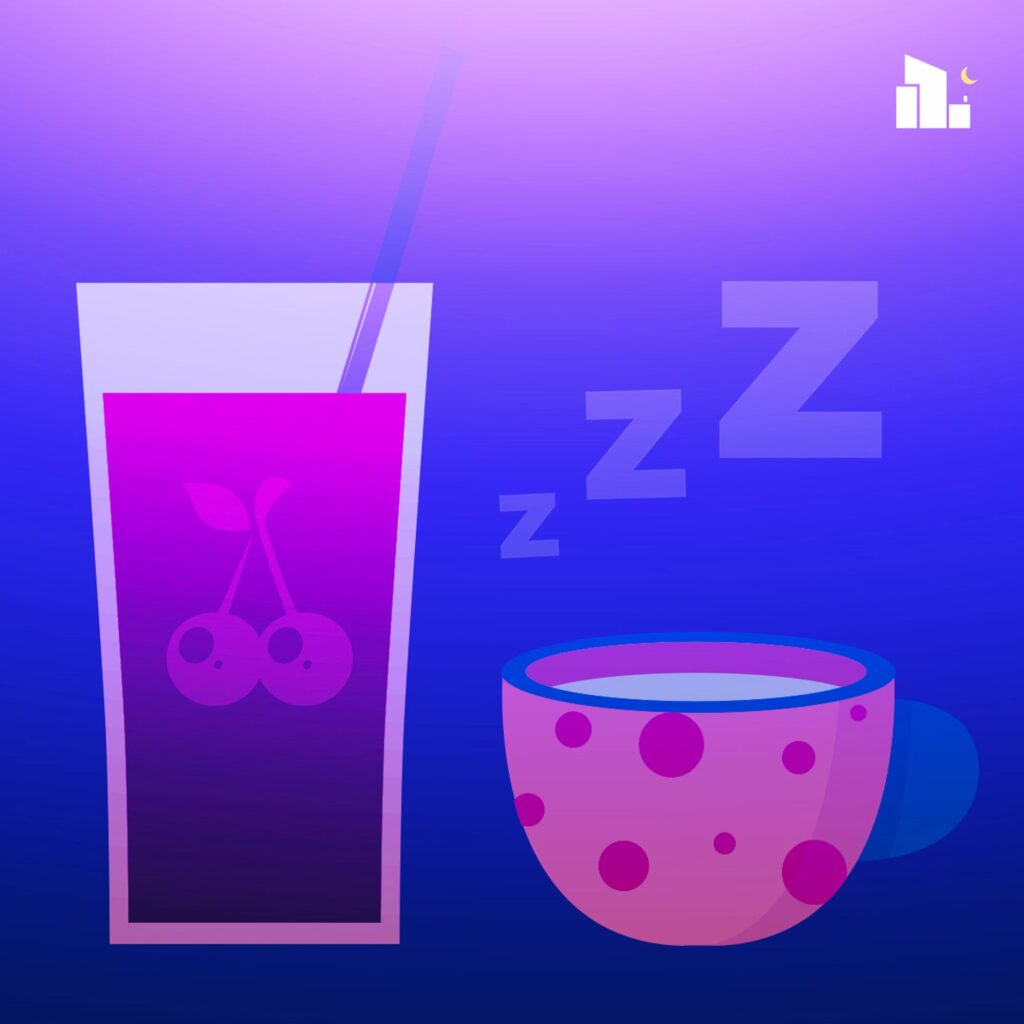
Episode 5: You Can’t Hack Your Way to Better Sleep… Or Can You?
If you’ve been on TikTok lately, it’s been impossible to avoid the proliferation of sleep tips, tricks, and hacks. But do they actually work? In this episode, Dr. Shelby separates fact from fiction so you know which ones are worth trying – and which to avoid.

Episode 6: Honey, I Want a (Sleep) Divorce
Today, we’re talking about sleep divorce. Even if you don’t know the phrase, you know the story. Boy meets girl. Boy and girl fall in love. Boy and girl move in together and realize they have wildly different sleeping schedules, habits, and preferences. Now what? Dr. Wendy Troxel discuss couples’ experiences and solutions.
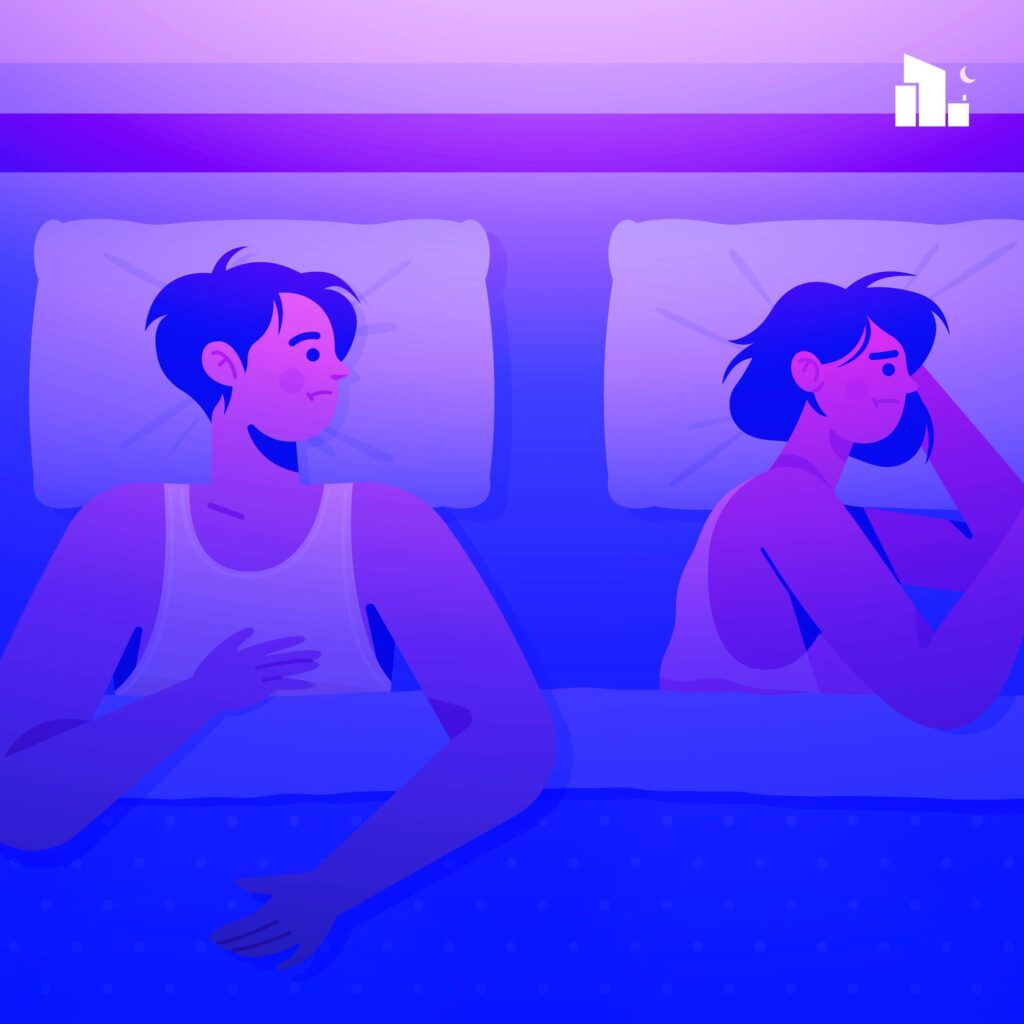
Episode 7: I Love You, But I Can’t Sleep With You
What do you do if you and your sleeping partner clash? If you can’t agree on room temperature? If the sound of their snoring or their phone keeps you from falling asleep? In our last episode, we discussed sleep divorce, or sleep alliance as Dr. Troxel says, but today, we’re sharing other strategies to help you find a better balance with your bed partner.
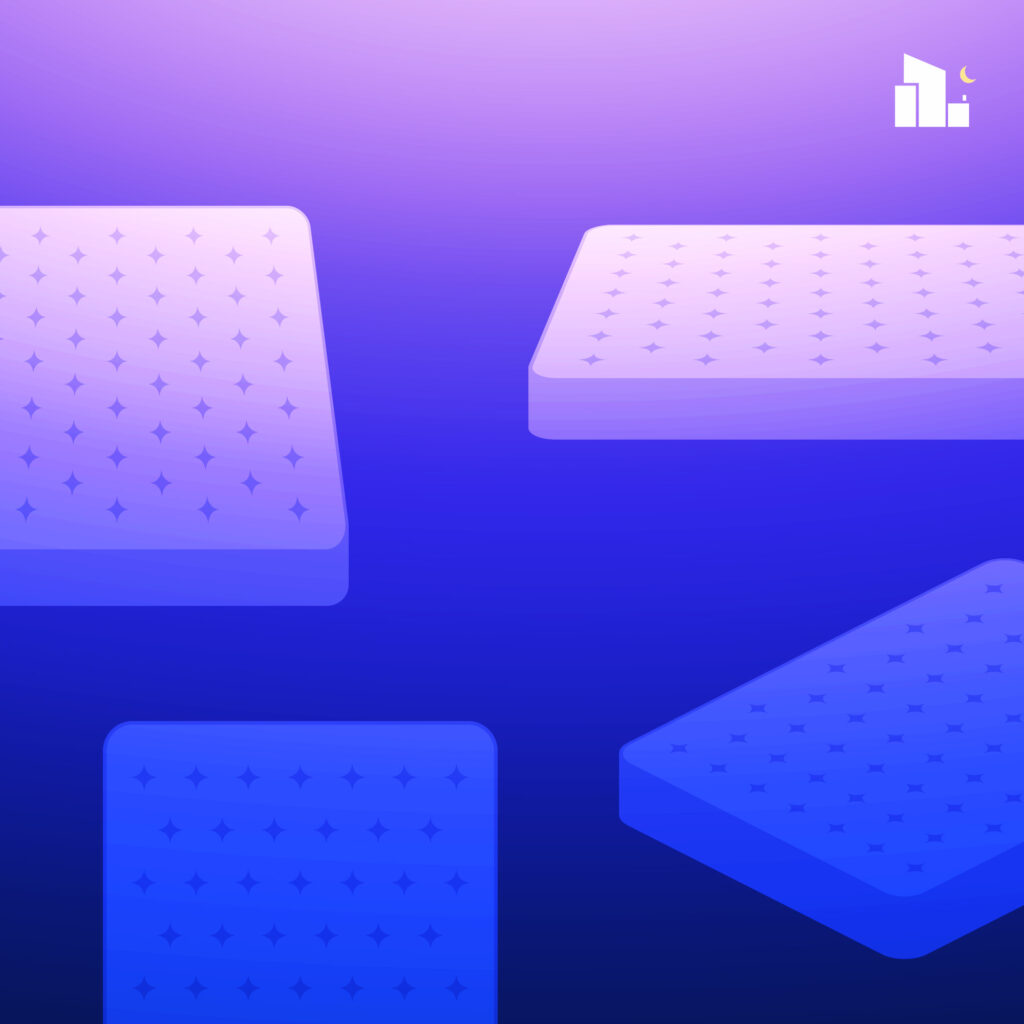
Episode 8: What It’s Really Like to Test Mattresses For a Living
Ever wondered how we test mattresses and whether or not we REALLY sleep on them? Well, we do, and in this episode, we’ll pull back the curtain and show you exactly how. In Dr. Shelby Harris’s conversation with Marten Carlson, Lead Reviewer for Pillar4 Media, we’ll even share what mattresses our editors sleep on.
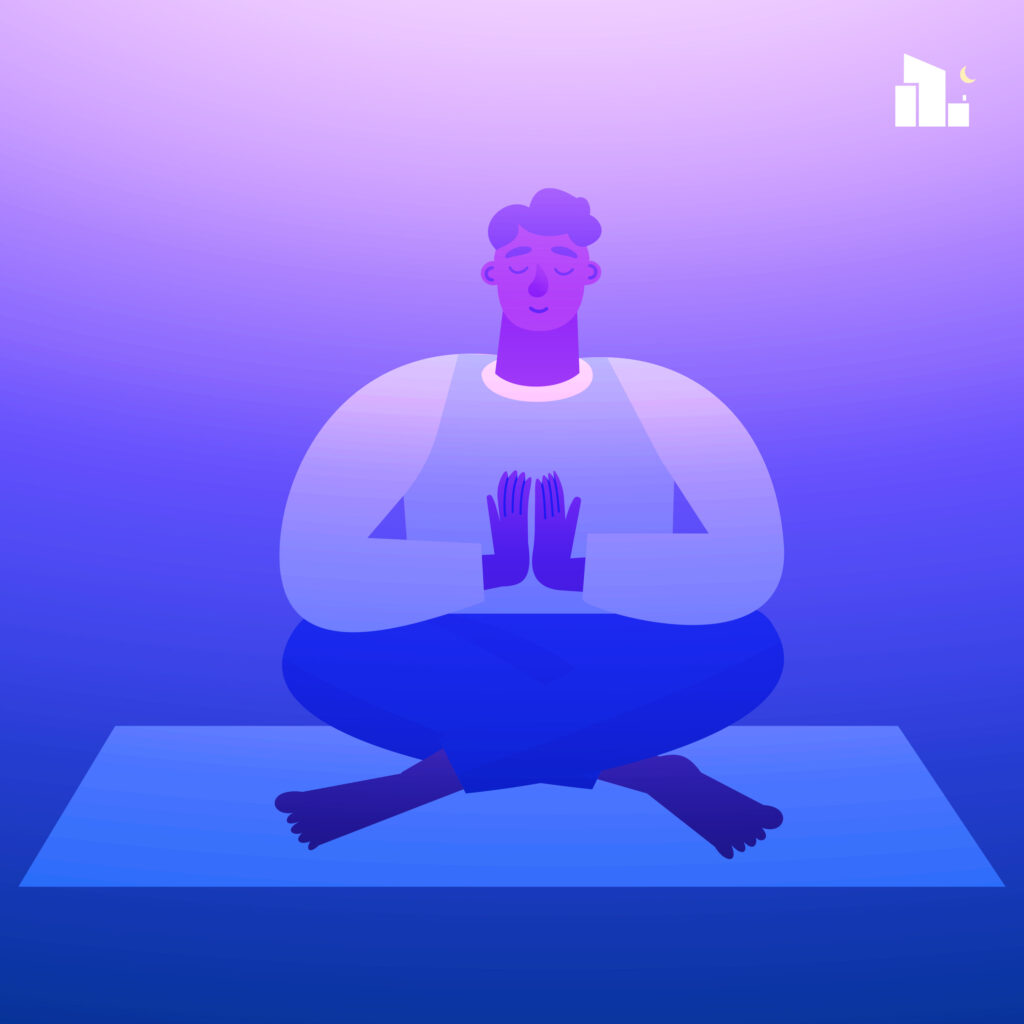
Episode 9: How to Harness the Power of Mindfulness for Better Sleep
“When I’m mindful,” says Dr. Jason Ong, “I actually notice more flavors in my food. And in fact, sometimes we make the analogy to wine tasting. Because in a sense, when you’re wine tasting, it’s a practice of mindfulness. Because you have to use all your senses to actually not just taste the wine, but smell it, right? They teach you to do that.”
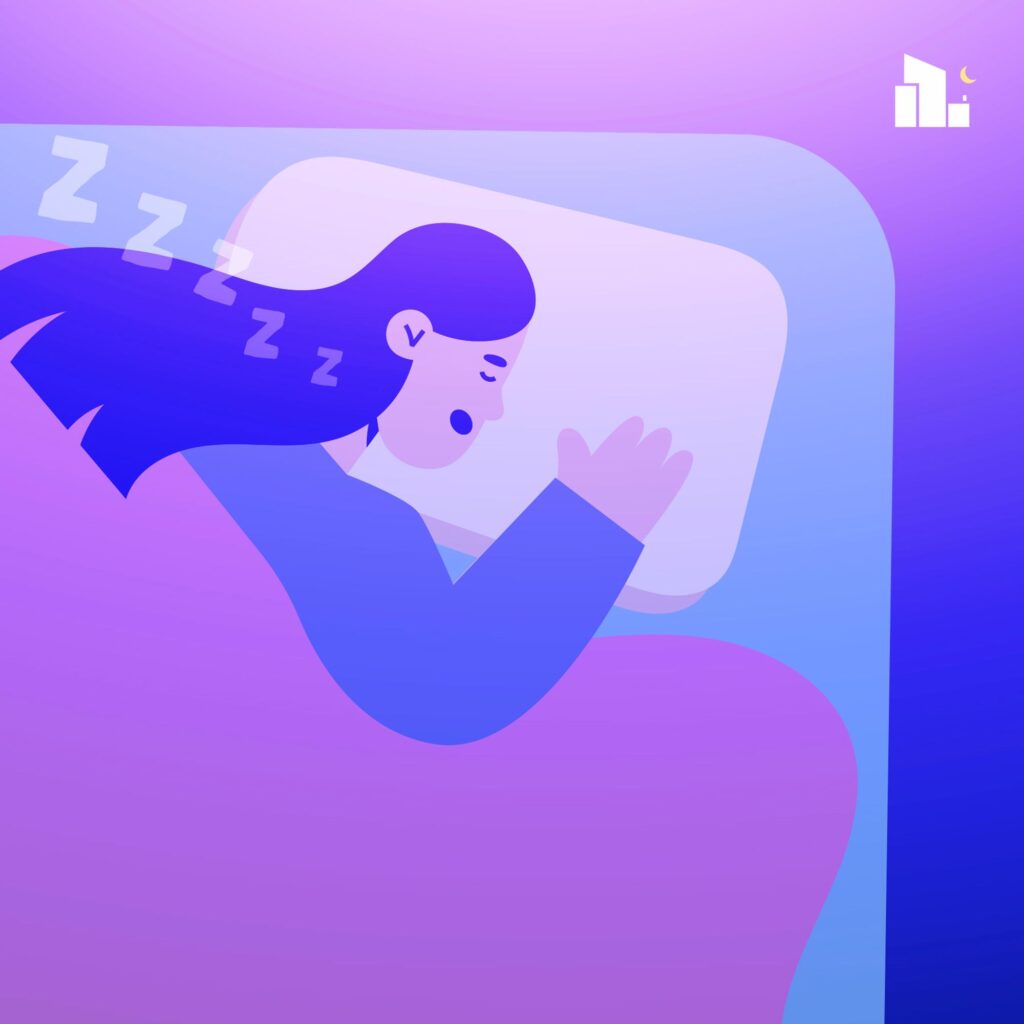
Episode 10: Sleep Apnea in Women Is More Common Than You Think
Sleep apnea is often thought of as a disorder for old white men, but women can have it too. In fact, women are more likely to be diagnosed at a later date and suffer from complications more than white men. In this episode, Dr. Harris talks with Emma Cooksey. Cooksey, who was diagnosed with sleep apnea in 2008 after falling asleep at the wheel with her baby in the backseat, launched her podcast, Sleep Apnea Stories, in 2020, to help other women navigate the same journey she had gone through.
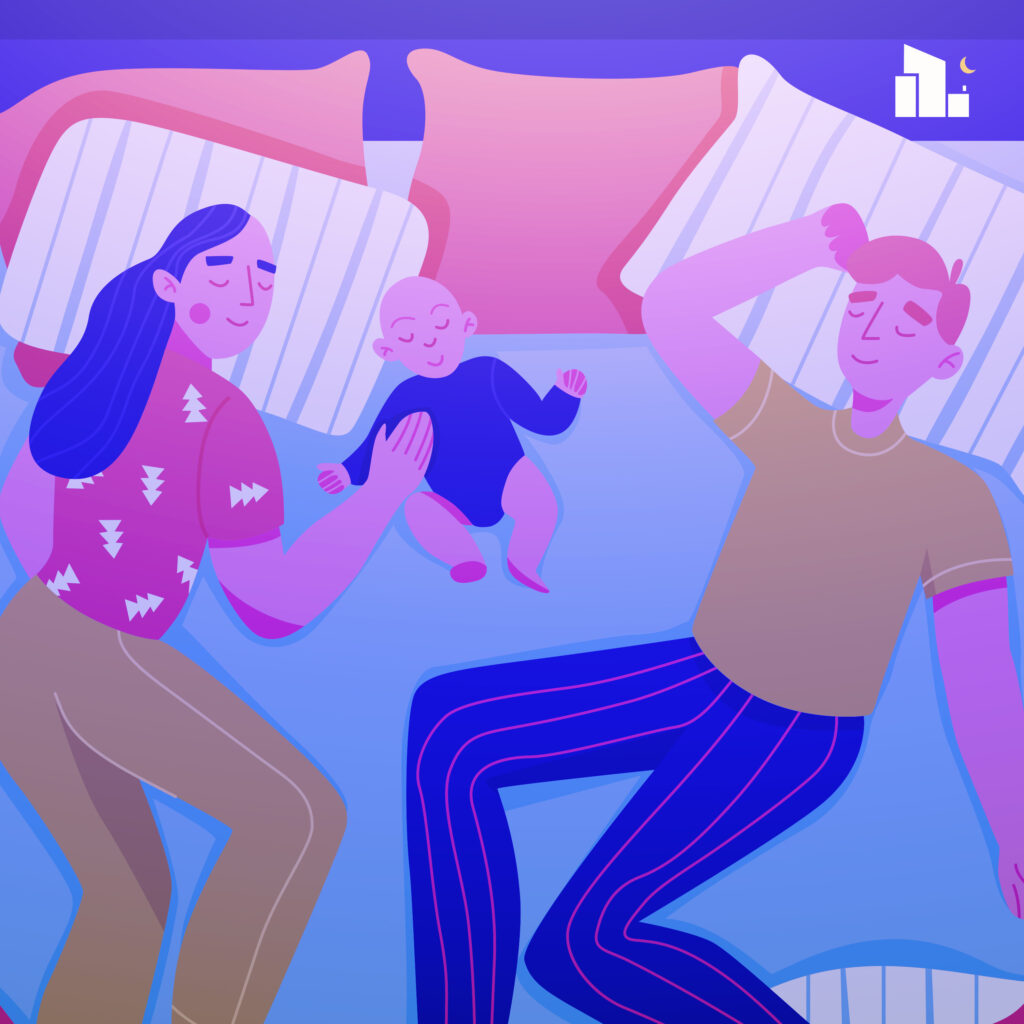
Episode 11: The Fourth Trimester and Sleep
“Sleep when the baby sleeps.” Stop us if you’ve heard that one before! This advice is well-intentioned (and may work for some) but it’s hardly a good solution to the very real, very frustrating phenomenon of sleep deprivation that parents (especially first-time parents) experience. In this episode, Dr. Harris will talk through the importance of getting good sleep during the “fourth trimester,” why it can be so hard and how your sleep changes postpartum (hormonal shifts, newborn baby sleep schedules, etc.), provide some tips on how to actually get sleep, and answer reader Qs from new parents about sleep.
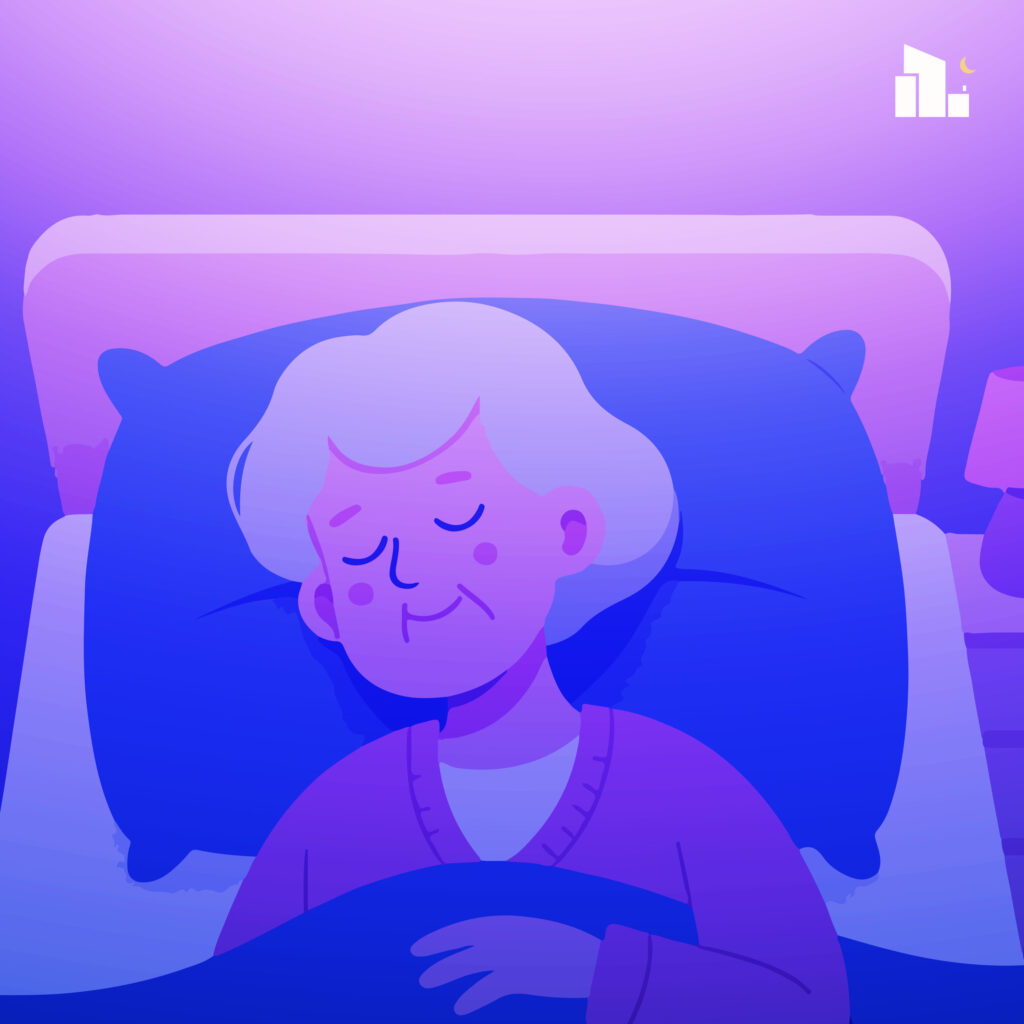
Episode 12: How Sleep Changes For Older Adults
Is it true that seniors need less sleep? How do various health conditions affect sleep duration and comfort as we age? Dr. Shelby Harris discusses all the myths and realities for rest past the retirement age with Dr. Kerry Burnight, a gerontologist with a passion for instilling older adults with confidence and capability — even in the bedroom.
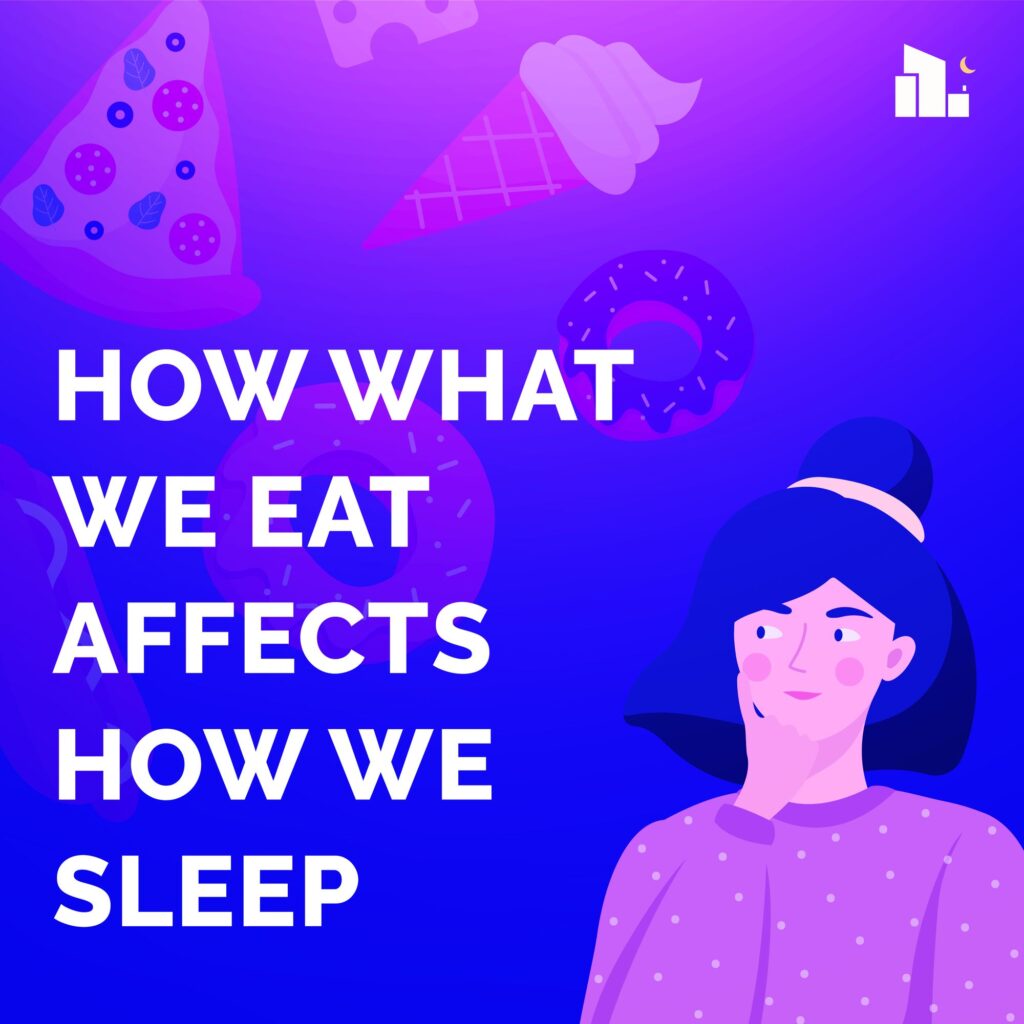
Episode 13: Can Changing Your Diet Improve Your Sleep?
Can changing up your diet give you better sleep? What foods or food habits could we maybe do without? And most importantly, what should we all be eating more of to make sure we’re getting the best rest possible? To explore this link between nutrition and sleep, we’ve invited Ellie Krieger, registered dietitian nutritionist, author and a prominent TV show host and executive producer. With shows like Ellie’s Real Good Food, the Food Network hit Healthy Appetite, and her own ongoing podcast, One Real Good Thing, Ellie is an expert at cutting through dietary trends, offering accessible tools for a satisfying lifestyle.
Submit a Question to Dr. Harris
Have a question you want answered on the ‘cast? Fill out the form, and it might just be featured on an upcoming episode.